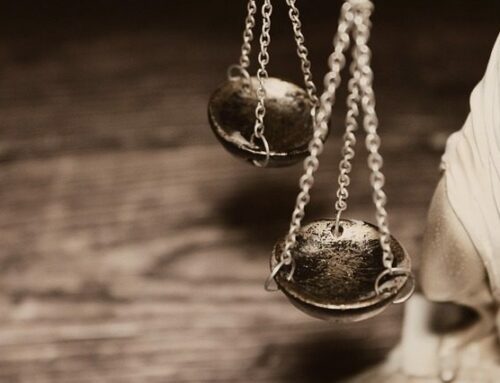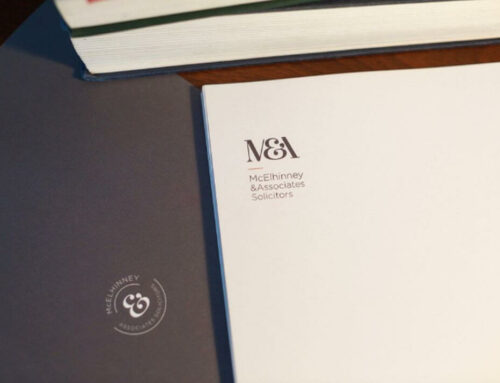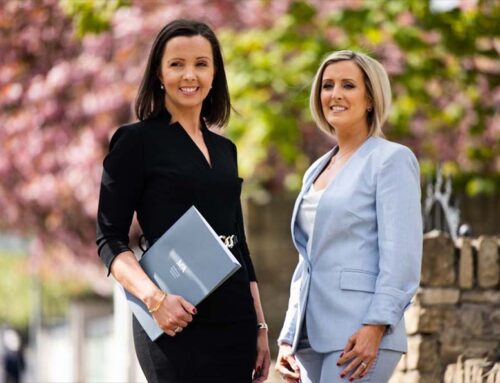One of the most important duties of a Legal Personal Representative of a deceaseds estate is to account for all taxes arising in the course of the administration of the estate and for all previous outstanding tax matters relating to the deceased.
Until such tax clearance is obtained from the Revenue, the estate cannot be distributed, otherwise the Legal Personal Representative is personally liable for any unpaid taxes in the event that the proceeds of the estate are distributed before the Revenue clearance has issued.
Revenue places an onus on the Legal Personal Representative to review the assets income and review all information available in respect of the financial affairs of the deceased in order to establish the tax position before the estate is finalised.
The responsibility for gathering such information and ensuring that the tax affairs are in order is upon the Legal Personal Representative in the estate.
The office of the Revenue commissioners have made clear that clearance will formally issue upon the submission of a complete and accurate clearance request which will include confirmation that the Legal Personal Representative has carried out the due diligence exercise prior to submitting the request for clearance.
The pre death (income) position will need to be reviewed to ensure any outstanding taxes have been fully dealt with. This will require an income tax return to be made for any outstanding years together with an income tax return from 1st January of the year of death up until the date of death. The due diligence questionnaire issued by the Revenue raises 4 years prior to the date of death in respect of income of the deceased. In respect of any disposals of assets by the deceased, Revenue are entitled to look back over the previous 10 years for CGT disposal. Once a submission to Revenue has been made for clearance, this will trigger a review of all information provided and indeed the Revenue tax database. If there are no tax issues identified then the Revenue will issue the relevant clearance. However where outstanding taxation issues are identified, the Revenue will contact the Legal Personal Representative for outstanding information.
Applications for clearance in the estate can be submitted via My Enquiries on the Revenue Website.
The Revenue accepts that the level of due diligence involved will of course depend on the complexity of the deceaseds estate/income and assets and indeed historically their income and any disposals. It is vitally important that the Legal Personal Representative acting in the estate of the deceased instructs an accountant/tax advisor at any early stage to assist with the Revenue clearance procedure and completing the due diligence questionnaire required.
Similar to the clearance procedure with Revenue, the Legal Personal Representative is also obliged to obtain clearance from the Department of Social Protection seeking confirmation that they have no claim on the estate. In the majority of cases, a letter will issue relatively from the Department of Social Protection confirming that the deceased was in receipt of contributory pension, (State pension) and that there was no claim in the estate.
Where a deceased was in receipt of a non-contributory pension, Department of Social Protection are entitled to obtain a full copy of the SA2 (Statement of Affairs List of Assets) for review. This allows the Department of Social Protection to compare the list of assets on death to ensure they are consistent with the list of assets that were disclosed to the Department of Social Protection at the time the social welfare was obtained. Where an inconsistency is identified by the Department, they will proceed to carry out an investigation which can be quite extensive. This includes the provision of all bank statements, of all accounts of the deceased from the date the pension was first applied up until the date of death together with statements or valuations of the assets during each period.
The department will then issue their assessment and confirm the amount sought to be recouped from the estate (if any).
Disclaimer
In contentious business, a Solicitor may not calculate fees or other charges as a percentage or proportion of any award or settlement.
This information is for guidance purposes only. It does not constitute legal or professional advice. Professional or legal advice should be obtained before taking or refraining from any action as a result of the contents of this publication. No liability is accepted by McElhinney & Associates for any action taken in reliance on the information contained herein. Any and all information is subject to change.
About the Author
Jolene McElhinney, BBLS, Principal Solicitor
Jolene McElhinney is the founding principal of McElhinney & Associates, renowned for her expertise in employment law and personal injury claims across the North West of Ireland. With a distinguished academic background and over a decade of experience, Jolene is dedicated to providing personalised, expert support to her clients, ensuring they navigate the complexities of the legal landscape with confidence and clarity.













